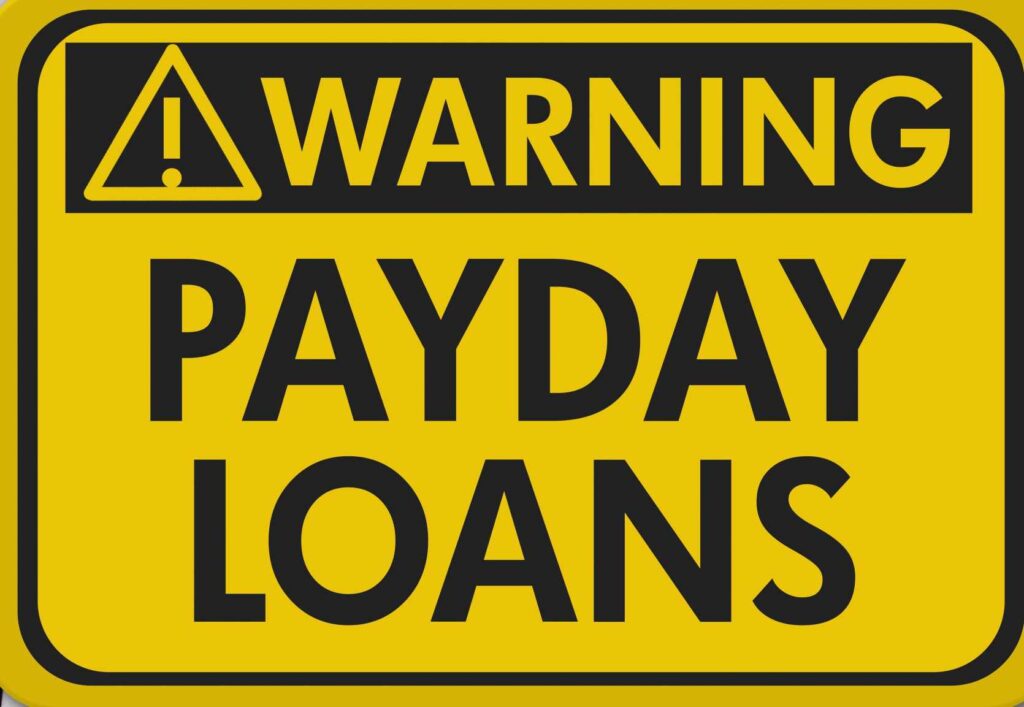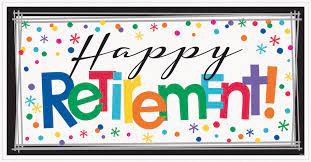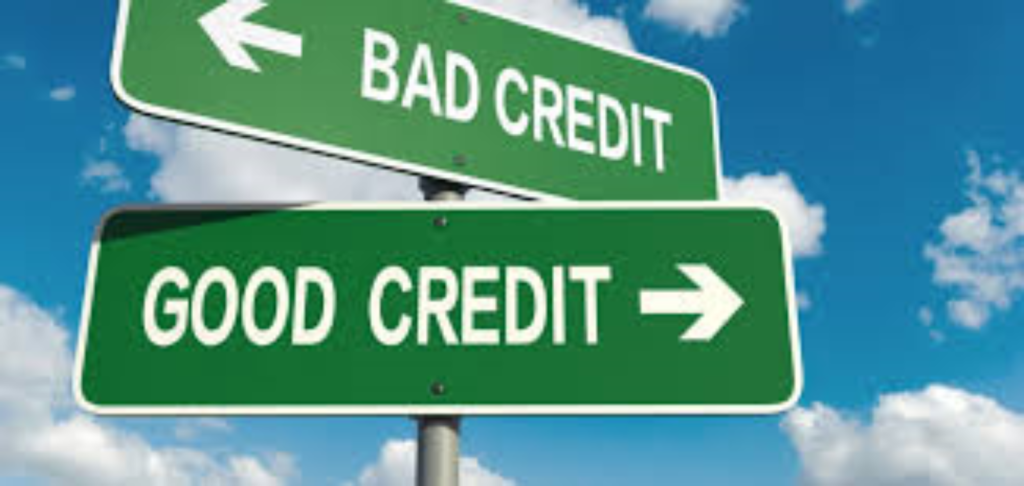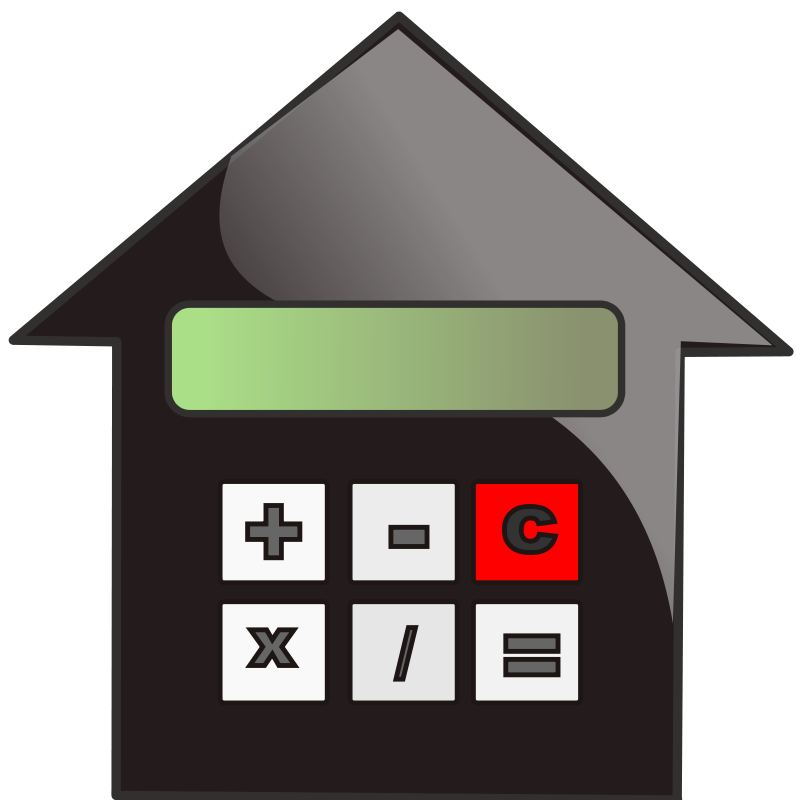This is an urgent Credit issue requiring the immediate attention of all Canadians who have purchased home energy products such as furnaces, water heaters (see full list at the bottom*)
In Canada, companies feel they can convince you to buy home energy systems such as furnaces and water heaters as well as contracts for gas and hydro as long as they can gain your trust. The preferred method of these companies is to send aggressive sales people to your door and convince you to let them inside your home. They often add bait to the hook by suggesting things like a free energy evaluation of your home, etc.
In January 2017, the Alberta NDP government under the Fair Trading Act, banned door to door sales of unsolicited household energy products. This means that, unless you invite them, no one can knock on your door and offer these items to you for sale. The banned items are water heaters, windows, air conditioners and energy audits*.
Since the January 2017 ban in Alberta, sales agents often tell customers that they’re selling un-banned items such air filters or LED light bulbs but once they’re in your home they begin pitching banned products. They believe they are now considered an invited guest and are free to consider themselves “solicited”. THIS IS ILLEGAL!
If a supplier is charged under Alberta’s Fair Trading Act, the maximum penalty is up to $300,000 AND two years in jail. The supplier can also be subject to administrative penalties of up to $100,000.
Pressure is being added in Manitoba and other jurisdictions to make similar changes. In 2017, Manitoba’s Consumer Protection Office received 19 complaints on this subject but there are more Manitobans out there failing to speak up. Remember, in Alberta it only took 1000 complaints to the Consumer Protection office before changes were made so THE TIME TO BE HEARD IS NOW!
I have (and will continue) to contact journalists from major news organizations to gain support for this issue and from there I will bring it to the attention of provincial law makers BUT NO ONE WILL CARE UNLESS WE GET PUBLIC SUPPORT THROUGH SOCIAL MEDIA AND OTHER SOURCES so please comment below and on our Facebook page and please be prepared to sign a petition if asked.
*IMPORTANT:
On the financial side, Albertans who have purchased banned products (water heaters, windows, air conditioners and energy audits) PRIOR to January 1 2017 and who still owe money to the seller can negotiate settlements for savings or, in some cases, forgiveness of the debt. The same will soon be true in many other provinces once the pressure on law makers proves too much and the related reputation damage to private corporations reduces the value of these accounts by 50 to 80% in the next 3 to 12 months.
I run a financial services company called DBO VENTURES FINANCIAL and have successfully arranged settlements with savings in the thousands of dollars for consumers with debts owed for the banned products mentioned above prior to the change in laws.
Those who owe money to these companies can contact me directly at 1-866-277-1048 to learn how you can save a lot of money and have the lien associated with the debt removed from your land title. This is a free consultation.
Full List of included products:
- Air cleaners
- Air conditioners
- Air purifiers
- Duct cleaning services
- Furnaces
- Water filters
- Water heaters
- Water purifiers
- Water softeners
- Water treatment devices
- Bundles of these goods and service
reCAPTCHA demo: Simple page





















